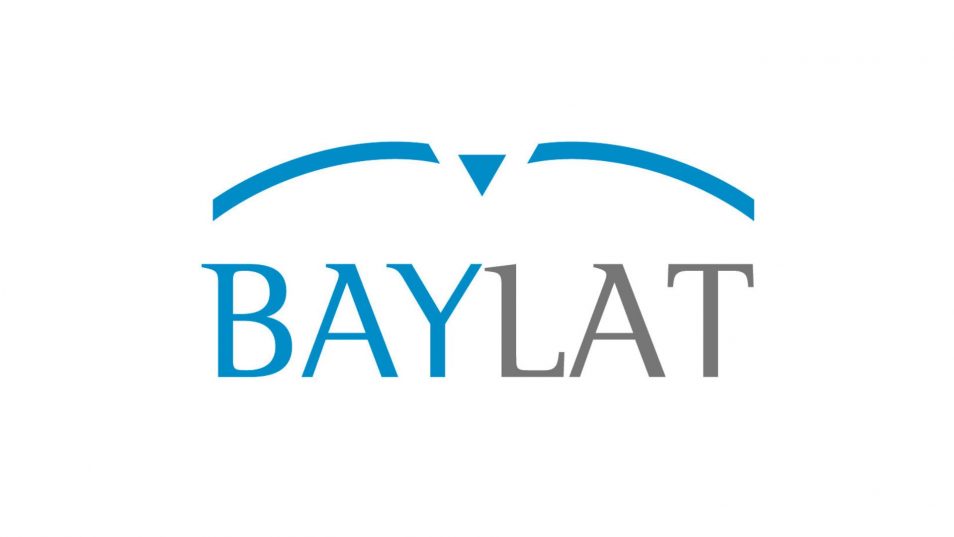Bavarian Academic Center for Latin America (BAYLAT)

The Bavarian Academic Centre for Latin America (BAYLAT) was founded in 2007 and is a service institution of the Bavarian State Ministry of Science and the Arts (StMWK) that operates throughout Bavaria. It promotes networking between Bavarian and Latin American universities, research institutions and government bodies and works within the framework of science, cooperation and university diplomacy. Brazil is one of the main partner countries.
BAYLAT offers funding programmes for research and teaching, including start-up funding and the FAPESP/BAYLAT programme for workshops. Since 2012, an agreement with FAPESP has promoted alliances, scientific collaborations and events.
BAYLAT awards mobility scholarships for students from Bavaria and Latin America and strengthens scientific cooperation and the internationalisation of institutions.
The BAYLAT research and cooperation network LATinBAY promotes collaboration between scientists from both regions and facilitates the exchange of information.
The DWIH São Paulo has been working closely with BAYLAT since its foundation. This cooperation promotes the exchange of knowledge and expertise between Bavaria and Brazil and strengthens the scientific and technological links between the two regions.
